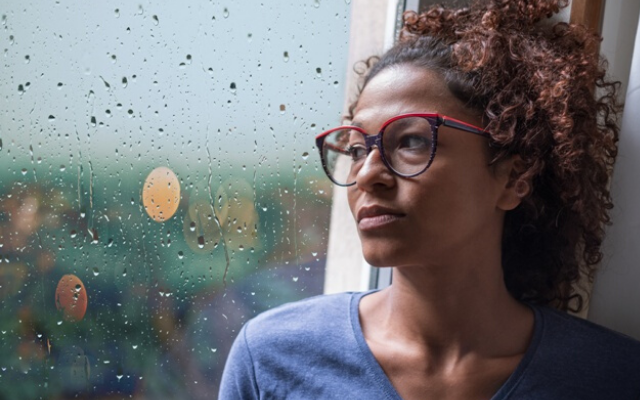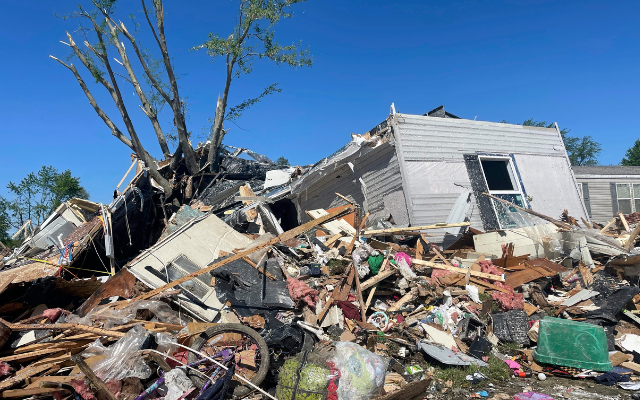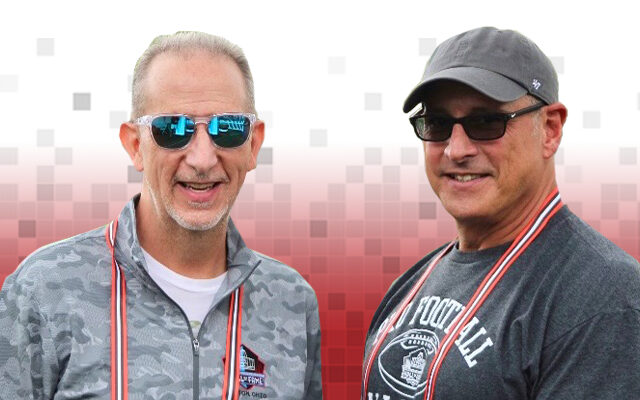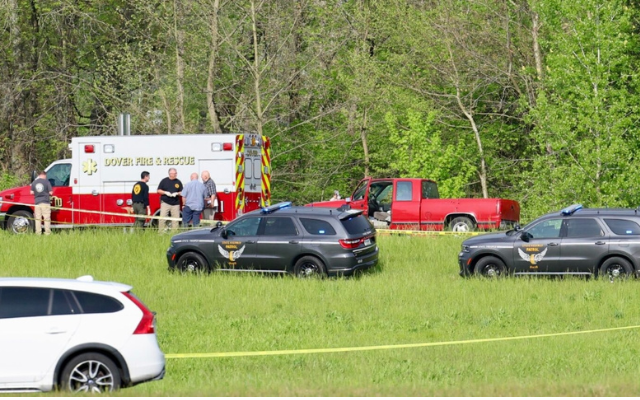Ohio Program Eases Legal Burden for Survivors of Domestic Violence

COLUMBUS, Ohio (News Talk 1480 WHBC) – Escaping abuse can be overwhelming, and it can be even more complicated for some women of color. According to the Centers for Disease Control, homicide victims of intimate-partner violence are disproportionately young women of color.
The Ohio Domestic Violence Network has a Legal Services Outreach for Marginalized Survivors program, which provides free, civil legal aid. Tasha Jones, who coordinates the program, said many clients are reluctant to seek services due to poverty or racism.
“A lot of women break down and start crying and just say they’ve been trying to take care of certain things for years and nobody would help them. Or somebody said they would help them and they didn’t,” Jones said. “So, it’s been a barrier in them moving forward and succeeding.”
She said issues related to benefits, subsidized housing, transportation and child support are among the civil legal needs for survivors. The program is marking its first year, and Jones said to date, more than 400 Ohio women have received free legal assistance.
Jones noted Black, Hispanic and Native American survivors are more likely to experience pressure from family and the community to stay with an abuser, or they fear getting their partner involved with the police and criminal justice system.
“Due to the increased issues with police brutality when it comes to African American men, sometimes that’s a deterrent,” she said. “It’s not that they don’t want to seek help, but that pain and suffering takes a backseat to what’s going to happen to him.”
The program partners with several agencies throughout the state and offers outreach clinics. Jones added simply assigning an attorney at no cost to survivors can be life-changing.
“Women are coming in and they’re distraught and then turn it around, where they realize they are going to get that help, someone is out here rooting for them and supporting them,” she said. “Little things for other people are the whole world for somebody in this situation, where they just don’t have the funds to pay for it.”
The program was started through a grant from the U.S. Department of Justice.
by Mary Schuermann Kuhlman



